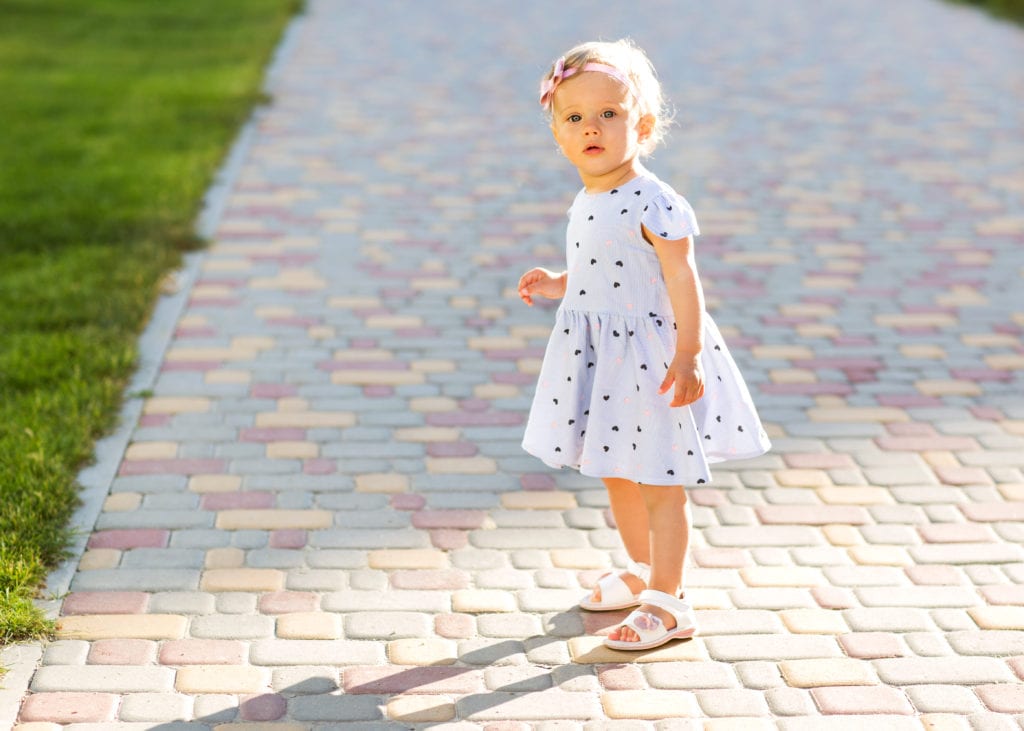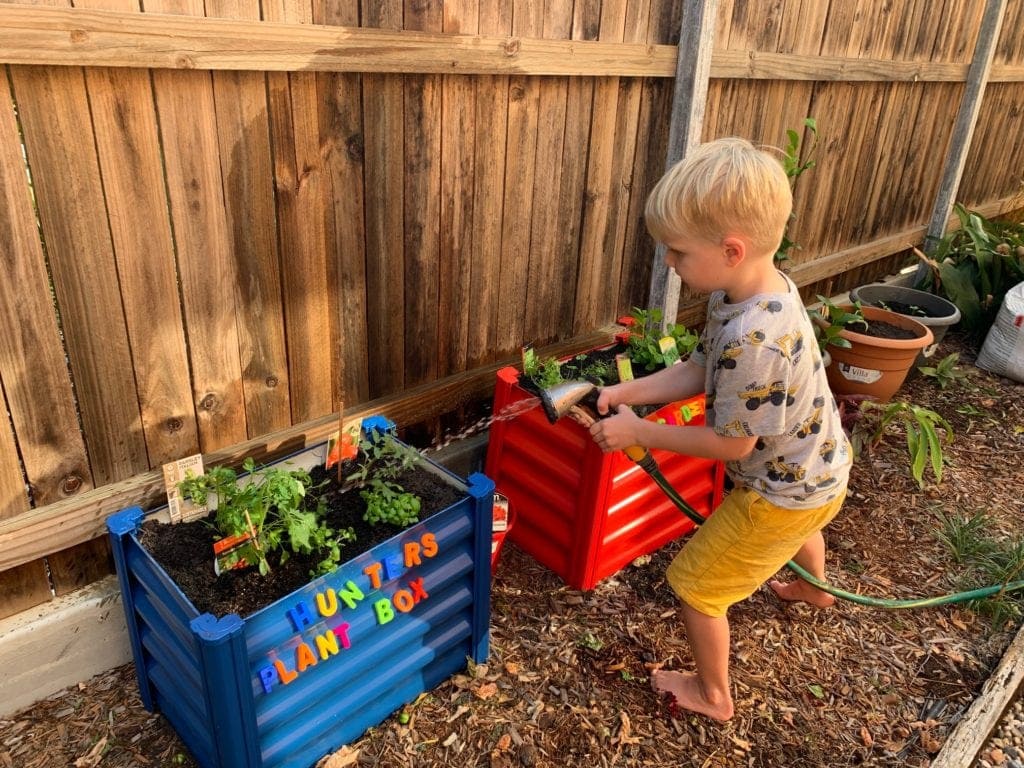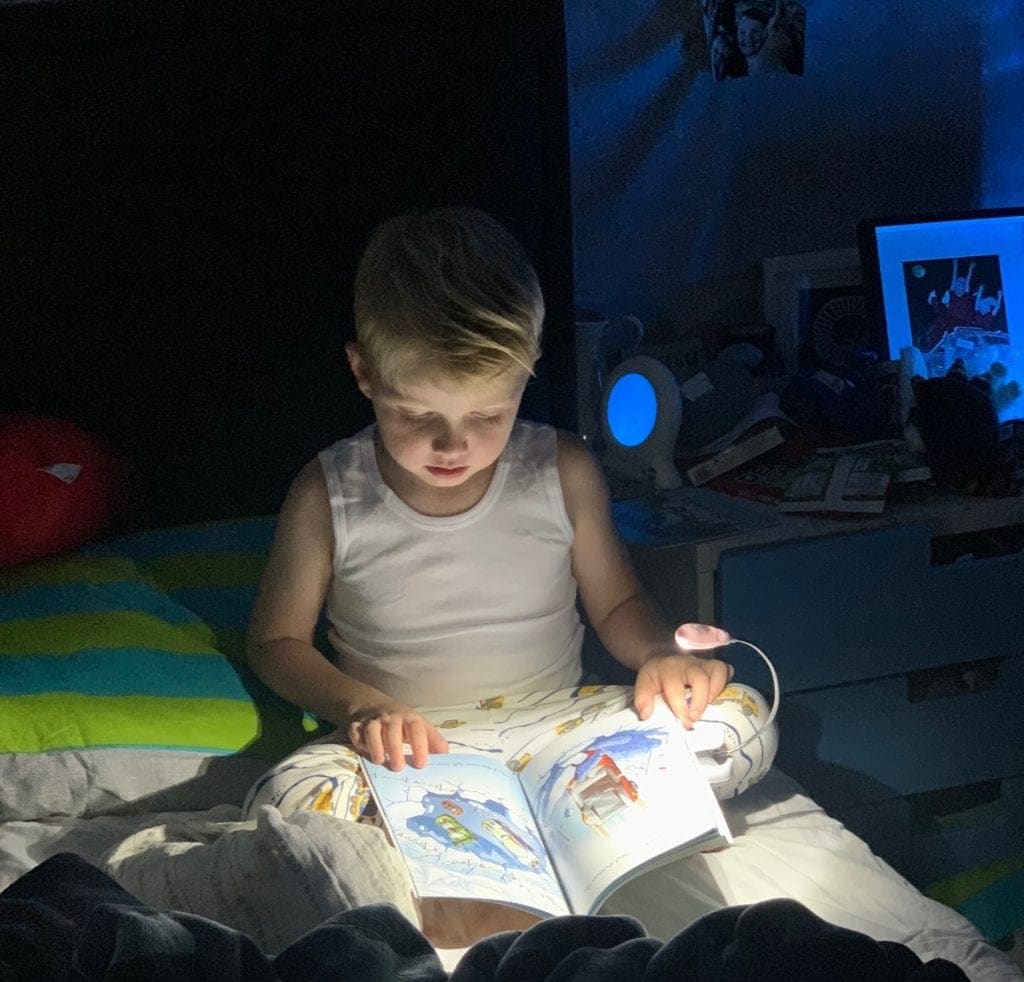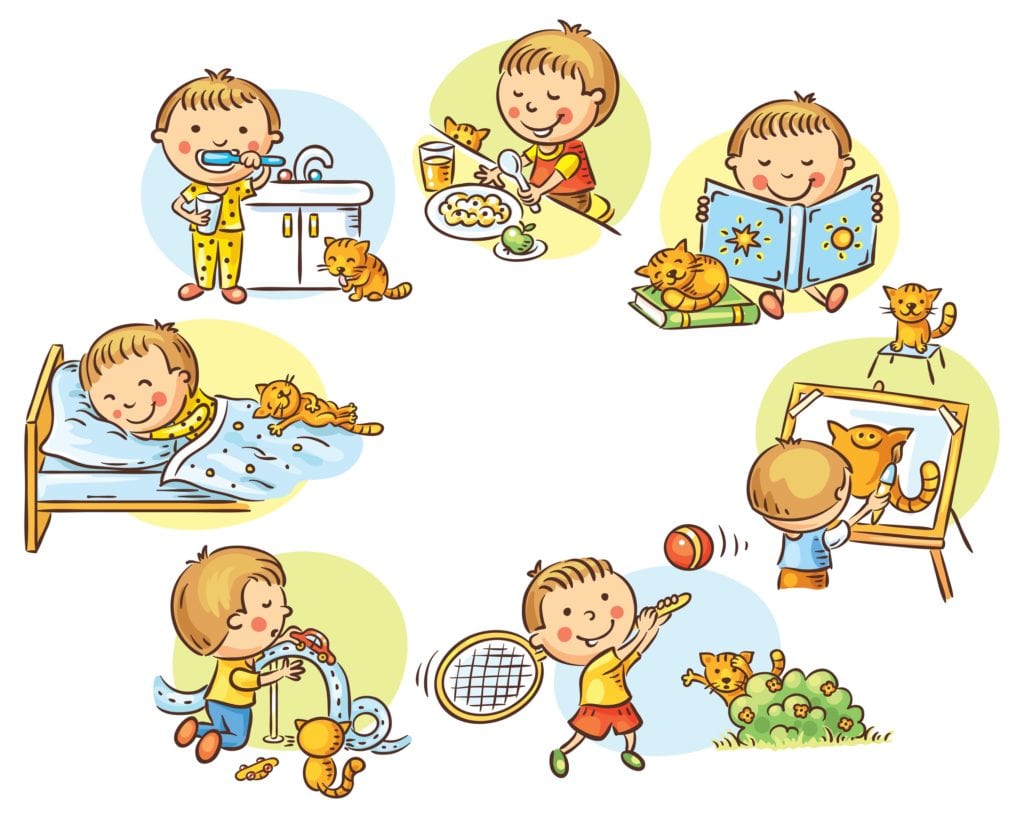A commonly asked question in child psychology is: “why does my child get really anxious on the weekend?”
Sometimes this worry presents as parents being repeatedly asked the same question like “what are we doing tomorrow?”, whinging, meltdowns, or arguing between siblings. Parents are often the coordinator of intensely scheduled weeks with numerous extracurricular activities, social commitments, appointments, and school scheduling. They also have to manage home and work.
Therefore these questions are met with exasperated responses: “Nothing! It’s Sunday! We are doing NOTHING!”
But here’s the simple psychology behind this conundrum:
Children don’t know what ‘nothing’ means.
For all children, the critical parts of brain (frontal lobes and their executive functions) that are needed to respond to ‘nothing,’ are still developing. To respond to ‘nothing’, we need more developed planning and organisation, initiation, and abstract thought, such as understanding ourselves in time and place.
That is, asking children to engage in ‘nothing’ exceeds their developing theory of mind (beliefs, intentions, motivations, desires, and knowledge). For children with intellectual delays and for children with autism, often weekends present as the most difficult time in the week, producing high levels of anxiety and behavioural disturbance.
Weekend routine
This is a different need than the need to be able to withstand boredom, although children need support to develop those skills, also.
Up until now, the solution to weekend anxiety for parents has been a relatively easy one for psychologists to support:
- Create a weekend schedule
Because this has almost always produced parental eye rolling and cries of exhaustion, I hasten to add: No, this does not mean provide your child with endless stimulation and activity! Rather, help them to know what to do with the ‘nothing’ time.
- A simple weekend schedule might look like this;
- 7am – 8am: sleep in or quiet play in your bedroom
- 8am – 9am: breakfast
- 9am – 10.30am: bike ride, scooter, park play,
- 10.30 – 11am: morning tea etc
Define weekend behaviour
Whatever the routine, base it on what your individual child and unique family already does. It is not about creating new activities and increased cognitive load for parents, it is simply about defining you normal weekend schedule for your child that does not yet have the capacity to understand themselves in time and place and engage in sophisticated planning, organisation and goal-directed activities.
You can include ‘free play’ in your family routine, but help your child to define what free time is for them, based on their interests, such as LEGO, cubby house, trampoline, safe internet use, playing with others, etc. This encourages the development of secondary skills, such as structured decision-making and time management.
A couple of guides for creating your child’s routine are:
- It has to be visible! White boards, chalkboards, cardboard charts, etc.
- And it has to be accessible, displayed in high traffic areas like the fridge, near the kitchen table, or in bedrooms.
- It also has to be understandable to your child’s level of comprehension, so that you can use pictures or words.
These are key features, because when your child inevitably says; “what are we doing tomorrow?”, the cognitive growth opportunity becomes: “let’s check our routine?”
When children know what is coming next, they feel safer and more secure. Familiar routines help them to feel less anxious. Visual schedules provide them with predictability, and reduces the worry about the unknown ‘nothing.’
Why routines are about to become a necessity
Right now, I think I speak for all parents in saying I’d buy a ticket to certainty, familiarity, and predictability, as we remain unified in entering completely unchartered territories of either being isolated at home with our families or taking on the new role of home schooling our children.
The challenges for many parents include managing our own concerns and anxieties, ultimately not knowing what to do or what is about to happen, and responding to rapidly changing requirements (for quarantine, isolation, etc.). During this uncertain period it is essential to safeguard the mental health of all family members, with routines now presenting equal support to manage the mental health risks for both parents and children.
Tips for creating a 7-day routine
Keep routines visible, accessible, and understandable
- Continue to observe the normal school schedule, such as holiday periods and 5-days of some education
- Provide a sense of staycation within the government recommendations, such as backyard camping, small trips to unpopulated parks, afternoon / night walks, Zoom playdates, etc.
Creating a home school routine
- Try to maintain the familiar rhythm of waking, dressing, breakfast, and children being ready to learn by normal school start time
- For Kindy to Grade 3, many educators are recommending no more than 1-2 hours of formal learning
- A schedule for this might include:
- 8.30am – 9.30am: structured learning[2]
- 9.30am – 10am: munch n crunch, movement break
- 10.30am – 11.30: structured learning
- 11.30am – 12.30: lunch and play
- 12.30pm – 1.30pm: physical activity and exercise[3]
- 1.30pm – 2pm: quiet rest in bedroom
- 2pm – 3pm: media time[4]
- 3pm – 4pm: home skills[5]
- 4pm – : following your normal, after school routine[6]
Whether we move towards national home schooling in term 2 remains unknown. But what is certain is that at some point, the majority of Australian children will be returning to school. So it remains important that we keep our kids in a level of routine where they continue to practice some structured learning, listening, concentrating, sitting, etc., to support them to positively transition back to the classroom when it is safe to do so.
For help to get through this period, please contact Mind Wise Psychology Services. MWPS works in conjunction with Medicare and the Australian Psychological Society to provide psychological support on a range of Telehealth options. They offer specialist psychologist support in a range of areas including crisis calls, child psychology, teen psychology, parenting support, support for those with existing mental health issues, emerging anxiety/depression/adjustment disorders, welfare checks for isolated older adults and those with immune disorders, dementia advice, carer support, employee assistance, disability support and grief counselling.
The Importance of Routine for Kids is a guest post from Dr Rachell Kingsbury – Guidance Counsellor (Clin. Psych & Clin. Neuropsych MAPS) and mum of two boys.
[2] Most schools are working on setting up online teaching platforms and worksheets. In addition, Reading Eggs, online lessons, reading, writing, numeracy booklets, practice, STEM activities from Kmart, etc.
[3] Keeping physically active will remain important. This may include using home activities, such as trampoline or pools, if you have them, going to parks if permissible, YouTube yoga and meditation for kids, bike riding, scooting, walks, soccer, etc., participation, like QLD Martial Arts
[4] TV, media use, Skype, FaceTime, etc., dates with friends and grandparents
[5] In our family, we decided to use this time to develop the kids chores and home-skills such as gardening, cooking, feeding the pets,
[6] Some extra-curriculums have worked to put together online or Zoom instruction, such as music lessons, martial arts, etc.




